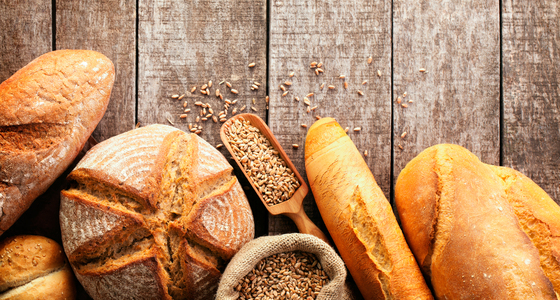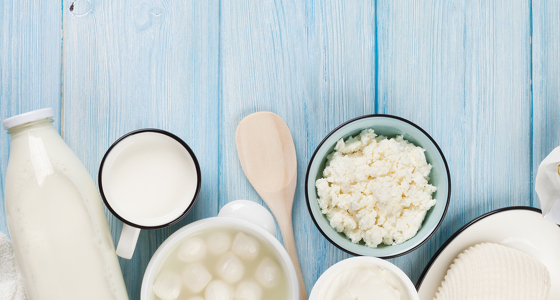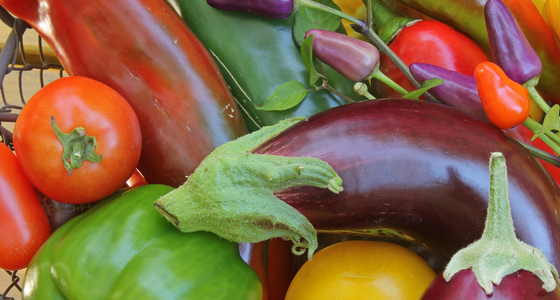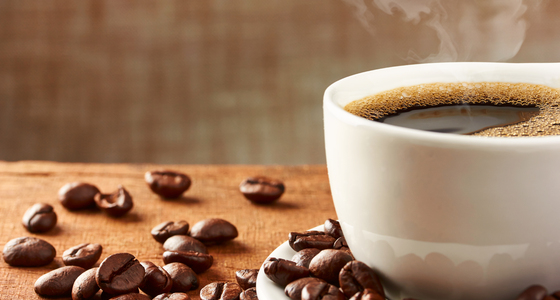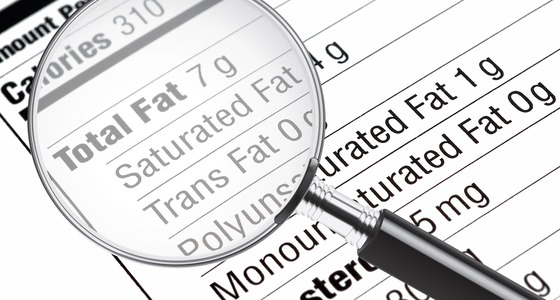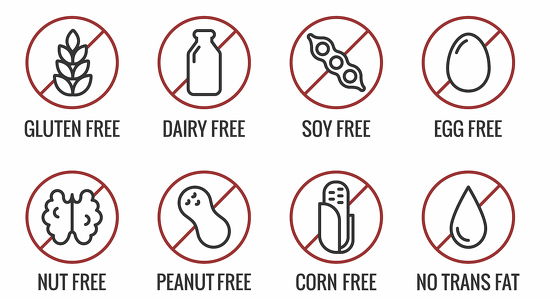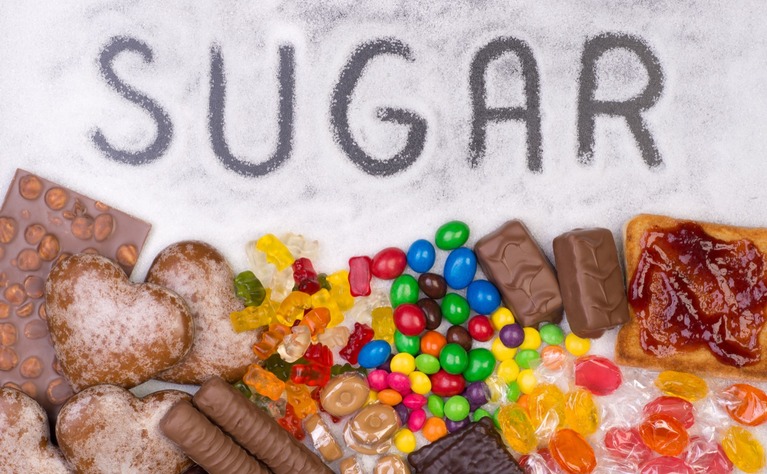
When you have inflammatory bowel disease (IBD) knowing what foods and drink affect your symptoms can be a bit of a minefield.
Some people with IBD have reported that sugar can cause a negative effect on their symptoms. Here we take a look at some of the reasons why that may be to help you make your own decision about whether it may be having an effect on your symptoms.
Sugar is a natural ingredient found in many foods but also added to some foods during the manufacturing process.
There are different types of sugar:
Sugar is a type of carbohydrate and when our body breaks it down it will either use it for energy, or if it already has enough for energy it will convert it to fat to store.
Sugar is hidden in many foods we eat today and our bodies are not designed to deal with large amounts of sugar - especially the highly processed ones which are common in our diets today.
Eating too much sugar has been linked with obesity and a number of health conditions - such as type 2 diabetes, heart disease and liver disease, as well as tooth decay.
Many of the sugars we eat are added sugars which have no nutritional value, unlike sugars which occur naturally in food such as fruit which provide other nutritional benefits.
Some people with IBD avoid added sugars in their diet and find that it helps to control their symptoms. It is not known exactly why this may work for these people but some reasons include:
